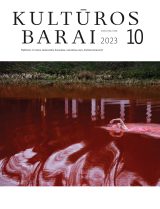
Moving Stories
A Country of Refuge
One issue alone came to dominate the debate – and in the end to determine the result – in the recent UK referendum: migration, not the economy, stupid, won the day for those in favour of exiting the EU. The climate of fear and xenophobic loathing fostered by newspaper front pages is likely to set the tone for future discussions of the subject.

